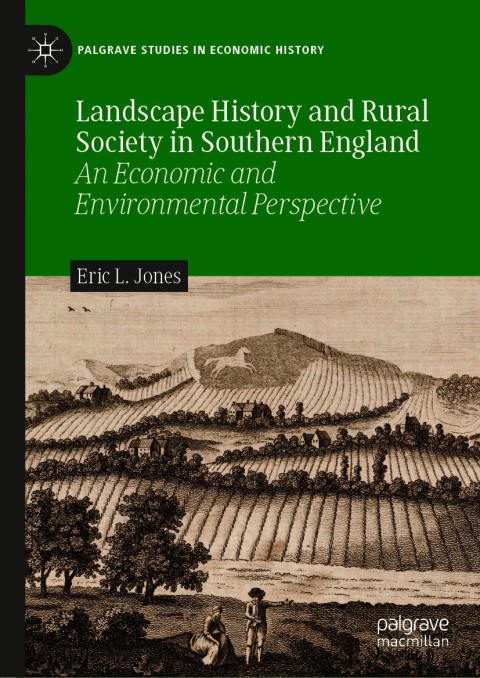
Landscape History and Rural Society in Southern England: An Economic and Environmental Perspective PDF
199 Pages·2021·2.1268 MB·other
Most books are stored in the elastic cloud where traffic is expensive. For this reason, we have a limit on daily download.
Preview Landscape History and Rural Society in Southern England: An Economic and Environmental Perspective
Description:
This book applies an economic and environmental perspective to the history of landscape and the rural economy, highlighting their inter-connections through specific case studies. After explaining how the author made his discoveries and when they started, it analyses relations between documentary and landscape evidence. It is based on exceptional first-hand observation of a dozen sites and close consideration of topics in the ecological and economic history of southern England. They range from reclaiming chalk down-land, occupying low-lying heaths and reconstructing parkland, to wool-stapling and the manufacture of gunstocks for the African slave trade. Additional themes include the tension between ecology and institutions in decisions about the location of economic activity; the decay of communal farming ahead of enclosure; and other interesting puzzles in rural economic history. This book offers an original approach to questions in economic history through its synthesis of different types of evidence. It will be of interest to a diverse range of readers because it addresses how economic change was registered in the landscape, and how that change was influenced by landscape. It is a book with highly original features, contributing simultaneously to economic, agricultural, environmental, and landscape history.
See more
The list of books you might like
Most books are stored in the elastic cloud where traffic is expensive. For this reason, we have a limit on daily download.
